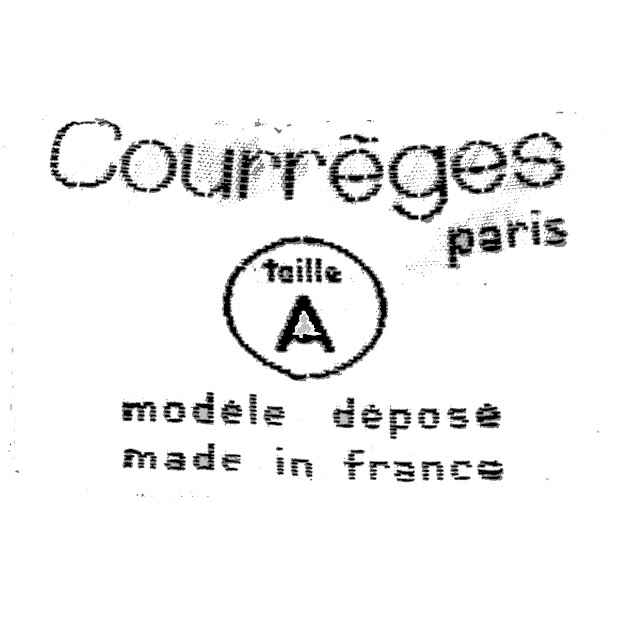 |
| Artwork by Tarek Chemaly |
I previously spoke of the Lebanese leaning towards thrift, second-hand shopping, what it means to be middle class in Lebanon today, the dire straits of Lebanese shopping streets, and of how Beirut is dead and very slowly learning to pick itself up and question its new identity. But lately, I am thinking of an incident that happened circa 1993. When Lebanon was still reeling from its 80s financial crisis, and the Dollar was still newly pegged at 1500 (yes, we all know how that ended!). I was taking the bus on the way home from AUB, that big blue and white bus (which was not actually very compatible with the streets of Beirut). Usually the passengers knew each other by sight. But on that day there was an oddity.
A woman, already in here 60s, perfectly coiffed, wearing 70s oversized shades, with a white t-shirt adorned with a Courreges logo (and a stain underneath it), a maxi skirt, and some very well-worn sling backs. She sat there, perfectly still, a little haughty, with her slender very tall body (I do not assume she was a model in her days, such a profession would be beneath her socio-economic status), a little too uptight on her chair. Maybe she already was feeling that this was not her element, or that she had to adjust so that this would be (or become) her element.
But the relevance of her attitude is very compatible with today's Lebanon. People struggling to wear, again and again, that H&M dress which they theoretically bought to wear once and were supposed to hand-down to some unfortunate cousin. Then understanding that today, it was them who became the unfortunate cousin in question. People realizing they can no longer go out for lunch on Sundays to restaurants when it was a given prior.
But people try to hang on to the past. To what was normal and what they were used to. Like that woman in the bus. In a telling example, Jane Birkin told Vogue in 2021 interview, that when she asked her mother what she took with her when her flat got bombed during the war (WWII): After a long thought, she said, “Schiaparelli Shocking pink perfume.” I said, “Ma! Didn’t you take food? Didn’t you take clothes?” And she said, “No. When you have nothing left, it’s the mirror that counts.”
And for the Lebanese, who have lost everything, what is left is their oversized shades, their Courreges t-shirts (with a stain), and "the mirror that counts". So I see them trying to wear their clothes as best as they can, the men in ill-fitting shirts, the women in the afore-mentioned H&M dresses, as they try to maintain mental images which the reality of their current economies no longer can sustain.
